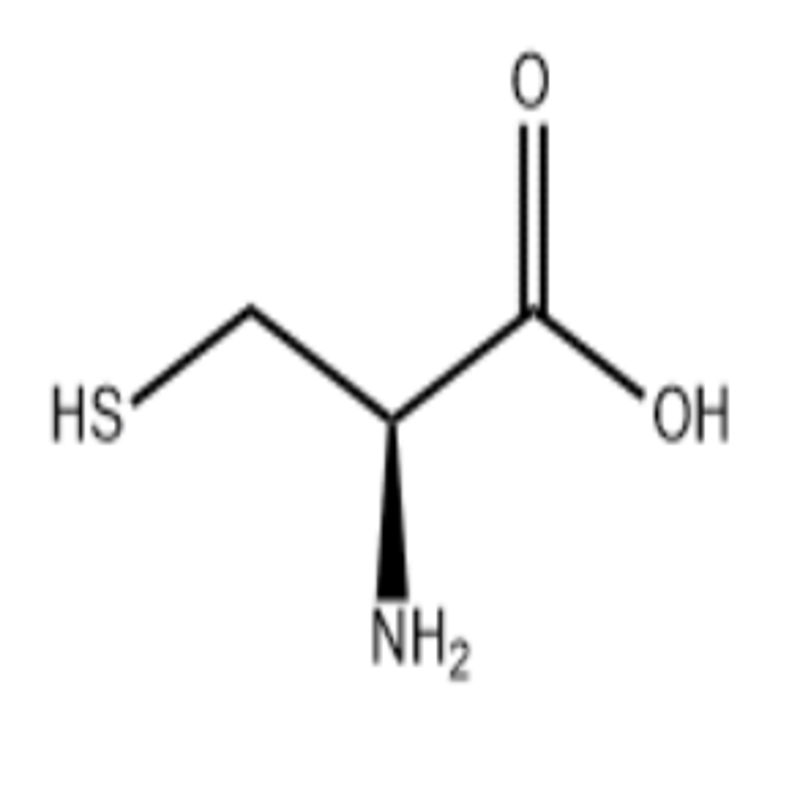-
Categories
-
Pharmaceutical Intermediates
-
Active Pharmaceutical Ingredients
-
Food Additives
- Industrial Coatings
- Agrochemicals
- Dyes and Pigments
- Surfactant
- Flavors and Fragrances
- Chemical Reagents
- Catalyst and Auxiliary
- Natural Products
- Inorganic Chemistry
-
Organic Chemistry
-
Biochemical Engineering
- Analytical Chemistry
- Cosmetic Ingredient
-
Pharmaceutical Intermediates
Promotion
ECHEMI Mall
Wholesale
Weekly Price
Exhibition
News
-
Trade Service
Original title: New study finds plants "drinking" more salt-resistant
A new study by Japanese scientists has found that alcohol (ethanol) can improve plant salt resistance and is expected to use cheap alcohol to increase salt resistance in crops in the future.
The Japan Institute of Science and Chemistry announced the results of the study on The 3rd. The report says the high salinity environment hinders water absorption and photochase efficiency at the roots of plants, and increases the accumulation of reactive oxygen in plants, causing cell death and greatly affecting crop growth and yield. About 20% of the world's irrigated farmland suffers from salt damage, and technologies to help plants fight it need to be developed.
team used athropomorphic mustard and rice to study that adding alcohol to culture inhibits the accumulation of reactive oxygen in plants and enhances plant salt resistance. In the comparative experiment, the athropomorphic mustard in the high-salinity environment died of whiteness, while the alcohol-added athropomorphic mustard survived in the high-salinity environment.
researchers believe the findings could be used in salt-damaged areas, as well as in the development of fertilizers to help crops resist salt damage, which could help increase crop yields and yields.
research is one of the strategic innovation research and promotion projects supported by the Japan Science and Technology Revitalization Agency. Researchers at Yokohama City University were also involved in the study, which was published online In the journal Frontiers in Plant Science on March 3. (Hua Yi)







